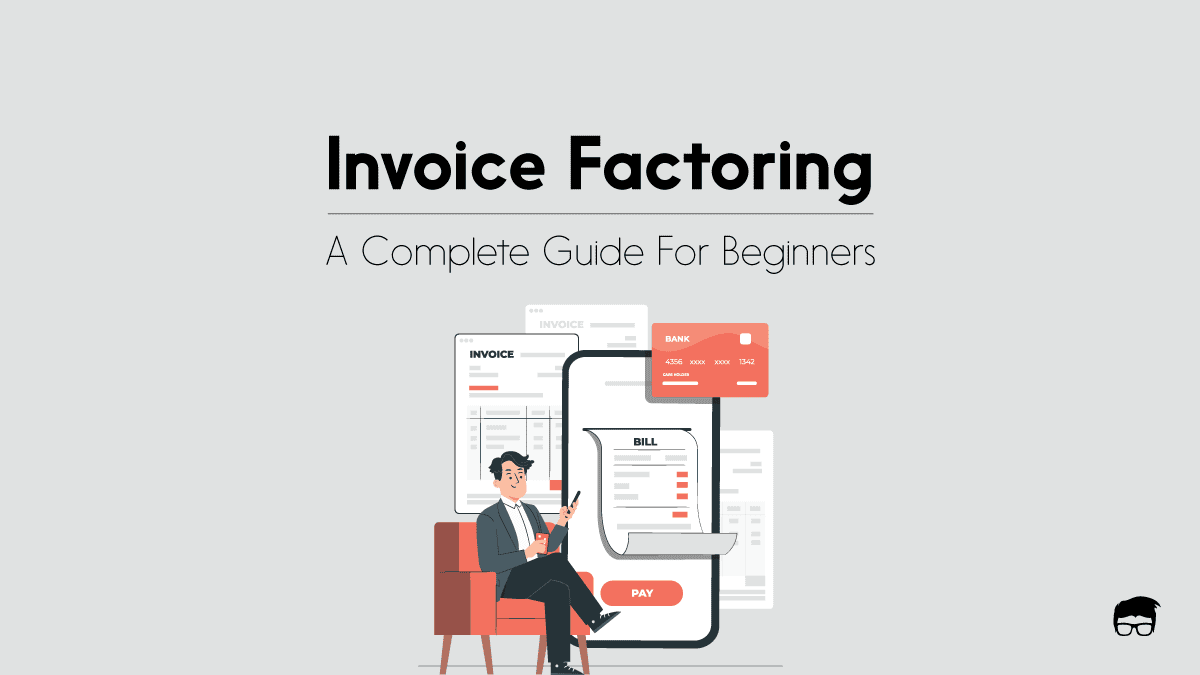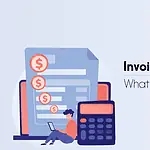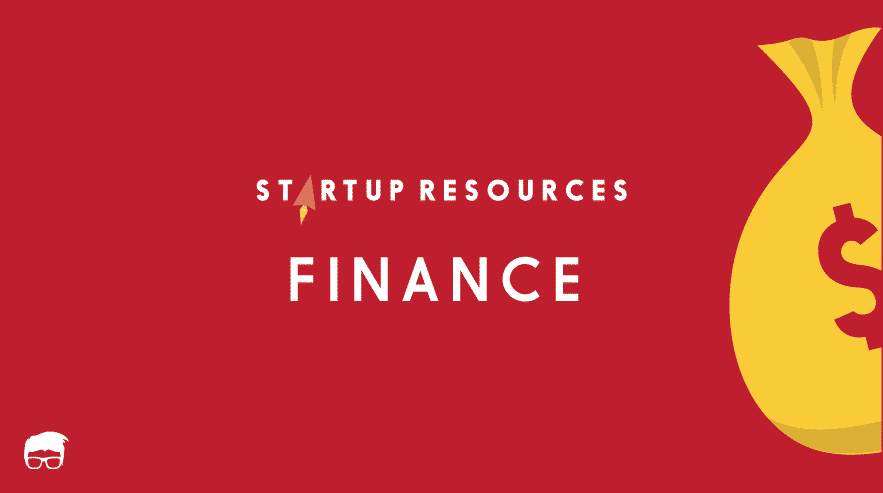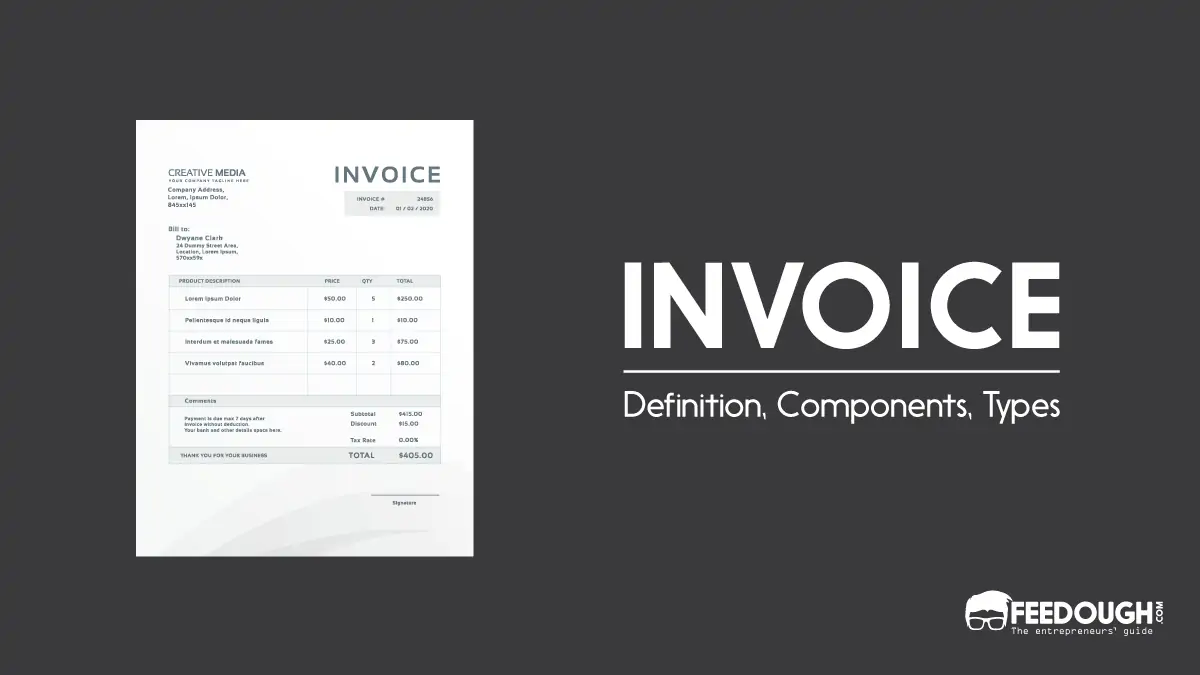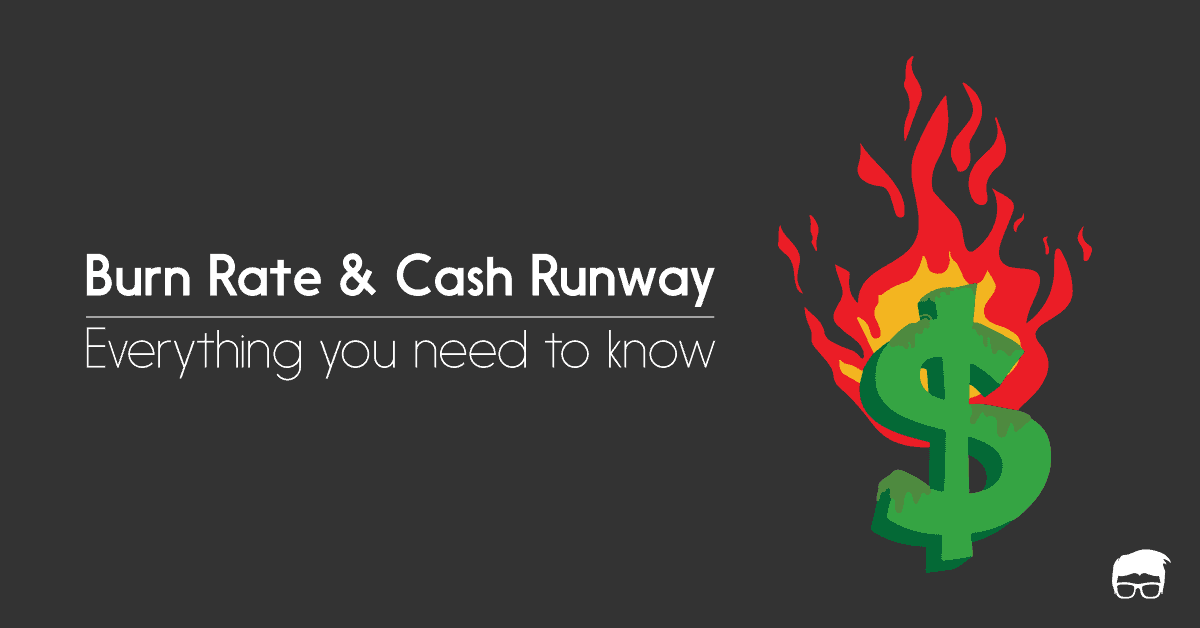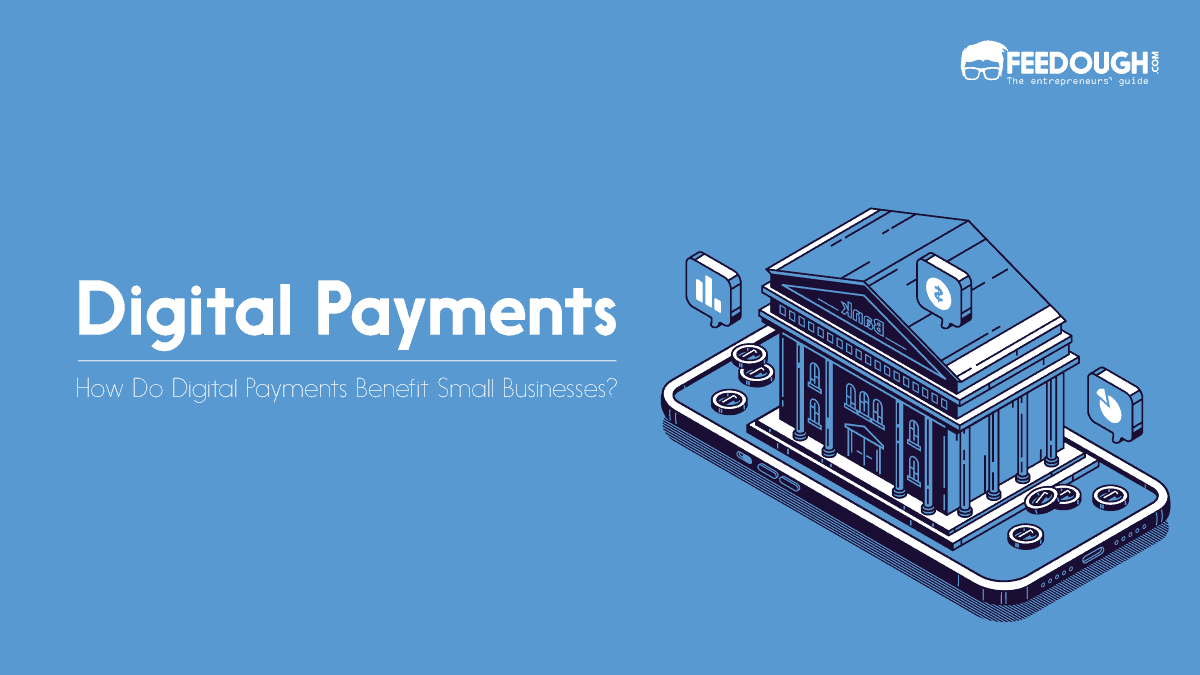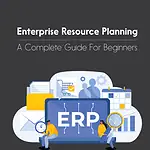There are days when a business doesn’t have enough cash flow to complete business-oriented tasks. After all, most invoices are set to payment terms of 30 to 90 days. That is, businesses have to wait until customers pay their invoices before they can access the funds they need to run their business. This constant cash crunch can make it difficult to cover critical and fixed expenses like payroll, inventory, administration, etc.
This problem led financial companies to come up with a solution – invoice factoring – where businesses can sell their invoices to a third party, which provides them an advance on the amount owed to them. This advance can be used to cover expenses while the business waits for customer payment.
What Is Invoice Factoring?
Invoice factoring is a form of alternate financing in which a business sells its accounts receivable (invoices) to a third-party factoring company at a discount in exchange for cash upfront.
It’s a type of invoice finance where a third party steps in to save the business by paying most of the invoiced amount immediately. They then collect the payment directly from the customer and pay the business the remaining amount minus a small fee.
For example, a small manufacturing company that supplies goods to large retailers might face a cash shortfall while waiting for a $50,000 invoice to be paid in 60 days. By selling this invoice to a factoring company, they could receive an advance of $45,000 within a few days. This allows them to cover their immediate expenses, and once the retailer pays the invoice, the factoring company will collect the payment and remit the remaining balance minus their fee.
How Does Invoice Factoring Work?
To put it simply, invoice factoring involves selling accounts receivable to a third party at a discounted price to get cash as soon as possible. It involves the following process:
- Issuing an Invoice: The business provides goods or services to a customer and issues an invoice with a payment term, typically 30 to 90 days.
- Selling the invoice: The business sells this invoice to a factoring company at a discount.
- Receiving an Advance: A factoring company provides the business with an advance of 80-90% of the invoice value immediately.
- Collection of Payment: The factoring company then collects payment from the customer when the invoice is due.
- Final Settlement: Once the customer pays the invoice, the factoring company remits the remaining balance to the business, minus a fee for their services.
- Key features that separate invoice factoring from any other form of alternate financing involving invoices are –
- Sale of accounts receivable: Invoice factoring involves the sale of accounts receivable to a third party at a discount. The third party is usually invoice factoring companies or merchant banks.
- Collection of payment is by a third party: The third party takes over the collection process, including sending reminders and collecting payments. They will also handle customer disputes. The third party will then transfer the invoice balance to the customer.
There are also cases when the customer does’t pay the invoice. In such cases, the outcome depends on the type of factoring agreement – recourse or non-recourse factoring:
Recourse Factoring
Recourse factoring refers to an invoice factoring arrangement where the business retains the risk of non-payment by the customer. If the customer fails to pay the invoice to the factoring company, the business is still legally obligated to –
- Buy back the unpaid invoice from the factoring company, or
- Provide an alternative invoice for factoring.
Non-Recourse Factoring
Non-recourse factoring is a type of invoice factoring arrangement where the lender assumes the full risk of non-payment of the invoice.
The lender will provide upfront cash in exchange for the invoice and the borrower is not obligated to repay the loan if the buyer does not pay.
Invoice Factoring vs Invoice Financing
While invoice factoring and invoice financing are subsets of accounts receivable financing, invoice factoring involves selling the invoice to a third party. Invoice financing involves taking out a loan against the invoice.
Unlike invoice factoring, invoice financing involves keeping invoices as collateral for borrowing money from a lender. Morever, collection remains the business’s responsibility.
And since invoice factoring requires more work and risk, it is more expensive than invoice financing.
Why Is Invoice Factoring Important?
Businesses can suffer from not having enough cash flow. Invoice factoring is important in situations where it’s hard to maintain cash flow to maintain a healthy business transactional environment.
For example, a small business might have several large orders but lacks cash to purchase raw materials because of several outstanding invoices. By using invoice factoring, they can quickly receive the funds needed to fulfill these orders. This ensures continuous production and prevents disruption in their supply chain.
Benefits Of Invoice Factoring
With invoice factoring, the company’s credit matters less than its customers’, since they are the ones who will be paying the factor. This makes it a more favorable option for businesses with bad credit history, as they can still get the cash flow they need.
Besides this, here’s why invoice factoring is beneficial for a business –
- Immediate access to cash: Businesses can quickly convert outstanding invoices into immediate working capital, improving cash flow. It also allows them to cover unexpected expenses and capitalize on new opportunities.
- Reduced administrative burden: The third party handles the collection process, freeing up the business to focus on core activities. This in-turn allows the business to save time and money on manual processes.
- Flexibility: Invoice factoring provides a flexible financing option that can scale with the business’s sales. For example, a business can increase or decrease the amount of factoring they need as they need.
- Mitigation of credit risk: The factor assumes the credit risk of the customers, reducing the financial risk for the business.
- No additional debt: Unlike traditional loans, invoice factoring does not add to the company’s debt load or affects its credit score.
Disadvantages Of Invoice Factoring
While invoice factoring has its benefits, there are also disadvantages. These include:
- Factoring costs: Invoice factoring can be expensive, with fees ranging from 1% to 5% of the invoice amount. Additionally, factoring companies may require a minimum balance to be factored, which can make it difficult for small businesses.
Minimum balance requirements: Many factoring companies require a minimum amount of invoices to be factored, which can be challenging for small businesses that do not have a large volume of invoices. - Loss of control: By outsourcing the collection process to a third party, businesses may lose some control over their customer relationships and how collections are handled.
- Potential impact on customer perception: Customers might see the involvement of a factoring company as a sign of financial instability, which could affect the business’s reputation.
- Contractual obligations: Factoring agreements often come with restrictive terms and conditions, such as long-term commitments or exclusivity clauses, limiting the business’s flexibility.
Invoice Factoring Example
A small business, XYZ Manufacturing manufactures custom widgets for various clients. XYZ Manufacturing delivers a $100,000 order to a client, ABC Retailers, and issues an invoice with a 60-day payment term.
However, it also received an order and to buy raw materials on time, XYZ Manufacturing decides to factor this invoice with a factoring company – QuickCash Factoring.
Here are the details.
- Business (Seller): XYZ Manufacturing
- Customer (Debtor): ABC Retailers
- Factor (Third Party): QuickCash Factoring
- Invoice Amount: $100,000
- Factoring Fee: 2% of the invoice amount
- Advance Rate: 80% of the invoice amount
- Payment Terms: The customer is expected to pay the invoice within 60 days.
Regarding the factoring agreement, here are the details –
- Factoring Fee: QuickCash charges a 2% fee on the total invoice amount, which in this case is $2,000.
- Advance Rate: QuickCash advances 80% of the invoice value upfront. For this $100,000 invoice, the advance amount is $80,000.
- Final Payment: After deducting the factoring fee, the remaining 18% of the invoice amount, or $18,000, will be paid to XYZ Manufacturing once ABC Retailers settles the invoice.
Now two scenarios exist –
- ABC Retailers paid the invoice
- ABC Retailers didn’t pay invoice
Scenario 1: ABC Retailers Pays the Invoice
In the first scenario, ABC Retailers pays the $100,000 invoice within the agreed 60-day period. Here’s how the process will follow:
- Initial Payment: QuickCash Factoring had already paid an advance of $80,000 to XYZ Manufacturing when the invoice was factored.
- Customer Payment: ABC Retailers pays the full $100,000 to QuickCash Factoring.
- Final Settlement: QuickCash Factoring deducts the $80,000 advance and the $2,000 factoring fee from the $100,000 payment received from ABC Retailers. It then pays the remaining $18,000 to XYZ Manufacturing.
Outcome: XYZ Manufacturing receives a total of $98,000 ($80,000 advance + $18,000 final payment) for the invoice.
Scenario 2: ABC Retailers Does Not Pay the Invoice
In the second scenario, ABC Retailers fails to pay the invoice within the 60-day period. The outcome of this scenario depends on the type of factoring agreement—whether it is recourse or non-recourse factoring.
Recourse Factoring
- Liability: XYZ Manufacturing is liable for the unpaid invoice under recourse factoring. This means that XYZ Manufacturing must repay the $80,000 advance to QuickCash Factoring or provide another invoice of equal value to settle the debt.
- Risk: The risk of non-payment remains with XYZ Manufacturing. If ABC Retailers does not pay, XYZ Manufacturing either loses the $80,000 or has to find another way to compensate QuickCash Factoring.
Outcome: XYZ Manufacturing may have to repay the advance amount and lose the $2,000 factoring fee, in addition to facing the challenge of recovering the debt from ABC Retailers.
Non-Recourse Factoring
- Liability: In non-recourse factoring, QuickCash Factoring assumes the risk of non-payment. If ABC Retailers does not pay the invoice, XYZ Manufacturing is not liable for repaying the $80,000 advance.
- Risk: QuickCash Factoring bears the risk of the loss, as they cannot recover the advance from XYZ Manufacturing.
Outcome: XYZ Manufacturing keeps the $80,000 advance without any obligation to repay it, but QuickCash Factoring absorbs the loss, making them responsible for the $100,000 owed by ABC Retailers.
A startup consultant, digital marketer, traveller, and philomath. Aashish has worked with over 20 startups and successfully helped them ideate, raise money, and succeed. When not working, he can be found hiking, camping, and stargazing.
